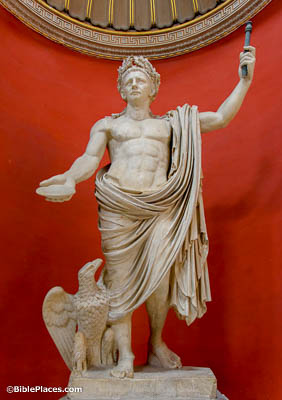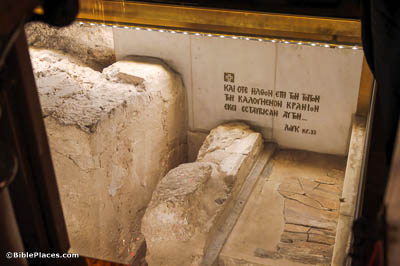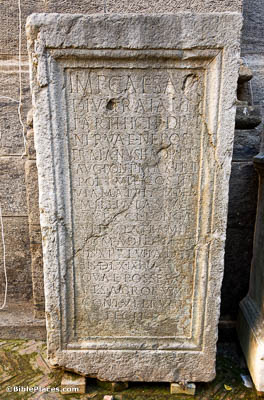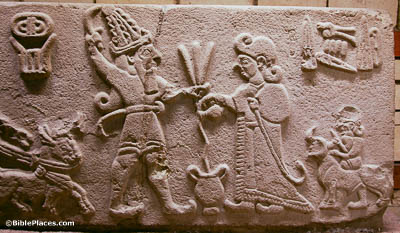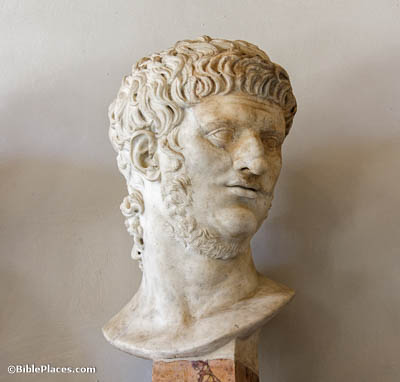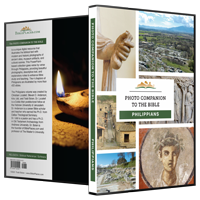He emptied Himself, taking the form of a servant, being made in the likeness of men (Philippians 2:7).
The act of Christ, divine ruler of the universe, humbling Himself to take on the lowly form of a servant stands in stark contrast to the usual thinking of rulers in Paul’s day. Roman emperors hubristically claimed divinity for themselves when they seized power. This statue of Emperor Claudius (AD 41–54) portrays him as the Roman god Jupiter, the king of the gods in Roman mythology.
